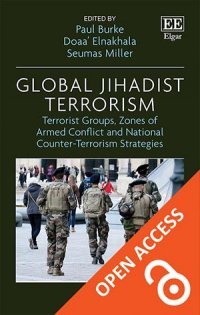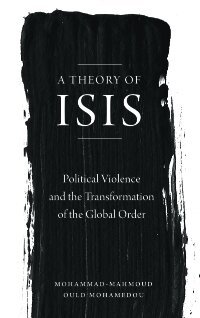By Rohan Gunaratna
SYNOPSIS As we enter the new year, armed conflicts continue to rage across the globe, destabilising nations, regions, and even the global order. Terrorist attacks and state responses create ripple effects, which not only shape the battlefields but redefine states, fragment societies, and radicalise communities. What does the terrorism threat landscape look like in 2025?
COMMENTARY Global terrorism will remain a persistent and pervasive threat to the stability and peace of the world. The Islamic State, Al Qaeda, and Iran-sponsored Shiite and Sunni militia have exacerbated instability around the globe, while geopolitical competitions have polarised and fragmented the community of nations. Unless governments work together to mitigate common security challenges, threat actors will exploit the gaps, loopholes, and weaknesses in global security systems. All nations need to be steadfast in preventing and preempting threats from taking root and facing up to threats from state and non-state actors including lone wolf attackers. In addition to disinformation operations, threat actors will attack information infrastructure. Nations will need to secure the online domain as hostile states increase their cyberattacks, sabotage infrastructure, assassinate public officials, and engage in espionage.
S. Rajaratnam School of International Studies, NTU Singapore 2025. 5p.








